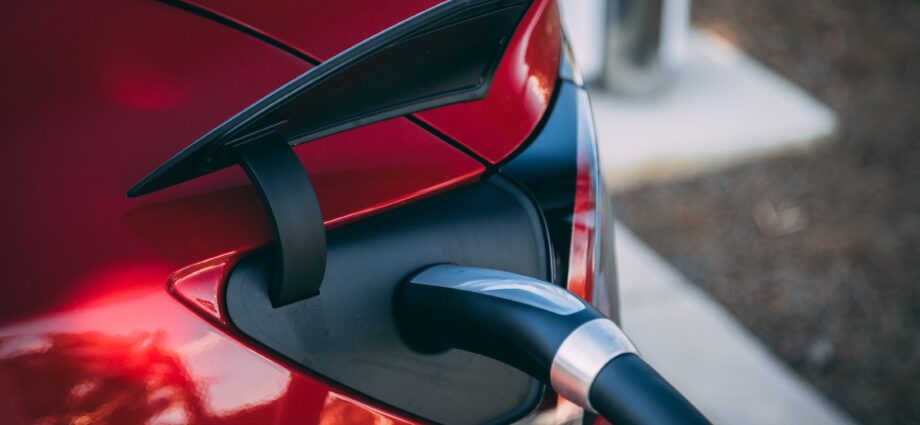
by Rina Hoffman
December 27, 2023
The EU-UK Partnership Council has announced an extension to the present rules of origin for electric vehicles and batteries, pushing the deadline from 2023 to the last day of 2026.
This move, which came following a proposal by the Commission and subsequent adoption by the Council on December 21, aims to bolster the EU’s battery manufacturing capacity.
“Today’s Decision of the Partnership Council reinforces our commitment to a competitive EU industry,” EU Commission President Ursula von der Leyen said. “Cooperation between like-minded partners is critical also to guarantee mutual market access that benefits consumers and address unfair trading practices.”
Initially conceptualized in 2020, these rules of origin were tailored to stimulate investments in the EU’s battery manufacturing sector. As the EU explains, rules of origin “specify how a product can be considered originating from the EU or the United Kingdom.”
However, unforeseen global challenges, such as Russia’s war against Ukraine, disruptions from the COVID-19 pandemic, and intensifying global competition, have led to a “situation where the scaling-up of the European battery ecosystem has been slower than initially anticipated,” the EU writes.
Given these circumstances and concerns from Europe’s automotive, battery, and chemical industries, as well as trade unions, the Council made the decision to extend the rules.
It is important to note that this is a “one-off extension that cannot be prolonged, as the Partnership Council is no longer empowered to modify these rules until 2032.”
Consequently, the European industry now needs to accelerate investments in expanding and deepening its battery manufacturing capacities.
There’s also the pressing need to reassess supply chains: To align with the rules of origin applicable from 1 January 2027, “industry needs to evaluate its supply chains to ensure that vehicles destined for export to the United Kingdom are assembled with EU-originating (or UK-originating) batteries,” the EU explains.
Parallelly, the European Union is fortifying its commitment to bolstering battery production within its borders. This commitment is underscored by a new funding mechanism, amounting to a whopping €3 billion, aimed at catalyzing the EU’s battery manufacturing sector.
From a procedural standpoint, the Decision is effective immediately. The extension pertains to the product-specific rules of origin for electric accumulators and electrified vehicles, which were initially set to expire in 2023 but will now remain applicable until the end of 2026.
Once 2027 rolls around, the product-specific rules, detailed in Annex 3 of the Trade and Cooperation Agreement, will come into play.
Subscribe to our newsletter.
This article was originally published on IMPAKTER. Read the original article.


